RETRO – “If this gets released, it’ll be a disaster.” Someone genuinely attempted to turn Silent Hill into a “dark comedy,” which sheds light on the peculiar choices made in Origins. Climax Action had to replace the renowned Team Silent during a development phase that veered into absurdity from the outset.
When reflecting on survival horror’s most iconic moments, it’s nearly impossible not to recall the Silent Hill series. Konami’s teams crafted an unnerving universe, renowned for haunting locations, grotesque monsters, and a soundtrack that burrowed deep into the psyche. From the radio’s static to sudden crashes and the guttural growls of horrifying entities, the franchise secured its legacy by terrifying even the bravest players. However, the history of Silent Hill is far from spotless. Silent Hill: Origins exemplifies how the franchise could simultaneously shine and stumble. From its announcement, the game polarized fans, and the troubled development process only fueled the controversy.
Creating a continuation of such an iconic series, previously defined by Team Silent’s creative brilliance, was no small feat. Climax Action faced this daunting responsibility with Silent Hill: Origins, working to meet the lofty standards established by earlier entries. Challenges arose swiftly: the developers wrestled with technical issues, while the project’s vision swerved into eccentric territory. Studio transitions and chaotic management compounded the difficulties, making the final product feel like a small miracle. Critics would later remark, “It turned out far, far better than anyone could have expected given the circumstances.”
From “dark comedy” to a true Silent Hill experience
Silent Hill: Origins was first revealed at E3 2006 as a project under the Los Angeles-based Climax Group. This already signaled a significant shift, given that Team Silent had ceased operations by then. Early previews hinted at more than just a studio transition—they suggested a radical departure in gameplay, inspired by the success of Resident Evil 4, with over-the-shoulder camera angles and a greater emphasis on action and combat.
“It was meant to be a dark comedy, and someone actually said it was inspired by Scrubs!” recalled Sam Barlow, the game’s lead designer and writer. The project quickly ran aground, however, as graphical engine issues and muddled creative direction led to the closure of Climax Group’s Los Angeles office. Development shifted to the UK-based Climax Action. In a 2014 EDGE interview, Barlow described the initial chaos: “It was bizarre. Originally, it was supposed to be a dark comedy, and yes, Scrubs [a popular American sitcom] was cited as an influence.”
Barlow continued, “We had to step back and say, ‘Look, if this comes out like this, it’ll be a disaster. The hardcore Silent Hill fanbase isn’t going to accept it.’” Konami, however, was firm on maintaining the timeline and budget, forcing Climax Action to reimagine Silent Hill: Origins into what players know today.
The transformation into “a Silent Hill experience”
As expected, the release of Silent Hill: Origins, originally slated for late 2006, was delayed due to studio and focus shifts. “We decided moving development to Climax’s Portsmouth studio [where Climax Action operated] would be best for the game, which caused delays,” explained producer William Oertel in an interview with Eurogamer. “We also revised the game’s design and made adjustments, resulting in a more complete and focused game that delivers what fans want—a Silent Hill experience.”
Climax Action essentially rebuilt the game from scratch. Within days, Barlow rewrote the script to align with the Silent Hill universe and reimagined the creatures designed by the Los Angeles team. “Unfortunately, there were issues, and the game [the Los Angeles Climax team] created wasn’t in great shape,” Barlow admitted in a 2015 interview with Stuff We All Get. “We hadn’t done anything to earn the opportunity to work on Silent Hill, but we worked well as a team, had strong skills, and, well… we were available.”
“We didn’t have much time to finish the game,” he added, “but we stuck to our guns, redesigning large portions to ensure the game wouldn’t disgrace the franchise. We opted for a ‘classic’ gameplay approach and worked tirelessly. The game we delivered wasn’t perfect—and personally, I would have questioned the idea of a Silent Hill prequel—but it turned out far better than it could have.”
Though Silent Hill: Origins didn’t meet every fan’s expectations, Climax Action rescued the project from becoming a quirky Scrubs-inspired oddity.
–Gergely Herpai “BadSector”-

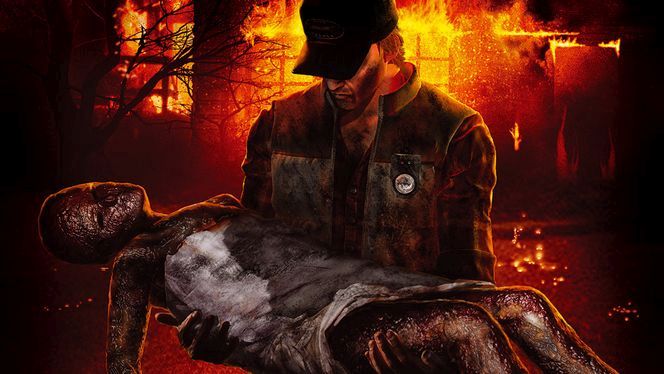
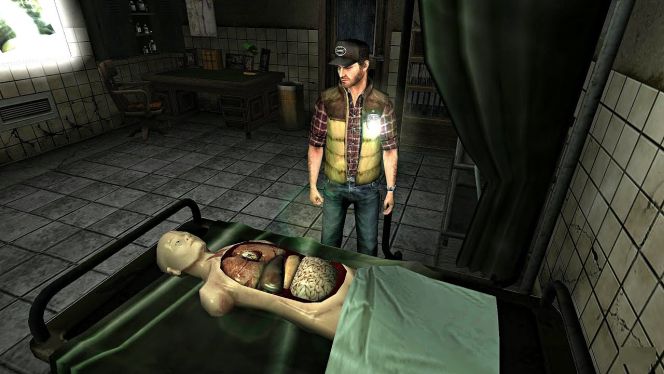
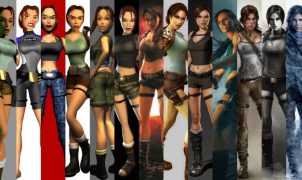





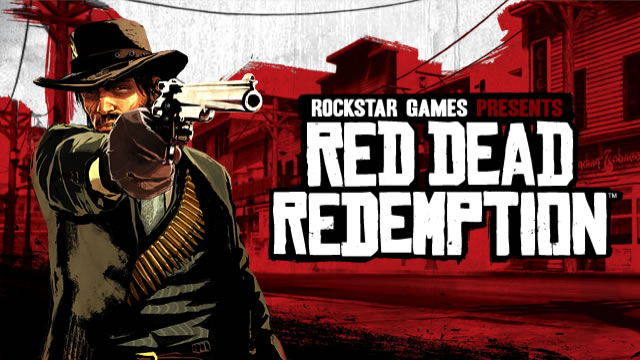
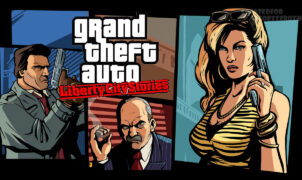
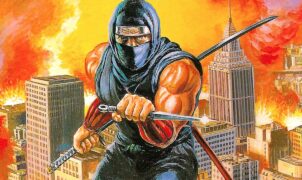
![Vampire: The Masquerade - Bloodlines – Prepare for Your Final Sunset! [RETRO-2004]](https://thegeek.games/wp-content/uploads/2025/10/theGeek-Vampire-the-Masquerade-Bloodlines-302x180.jpg)
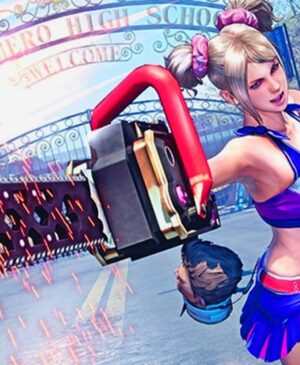
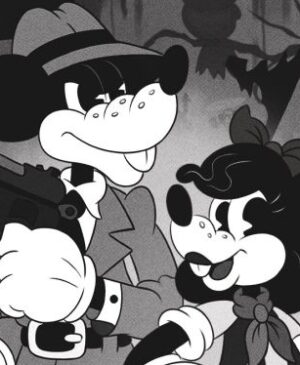
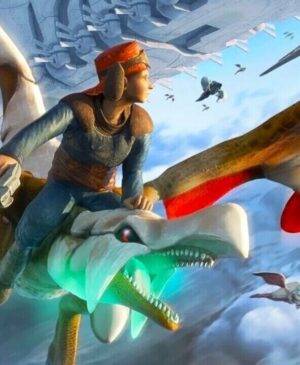
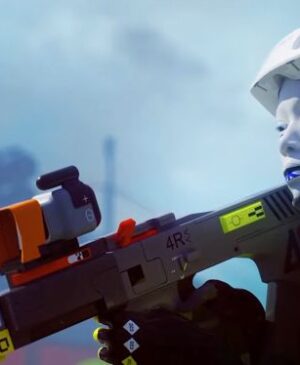
Leave a Reply